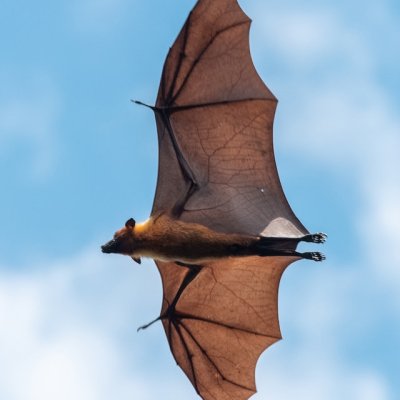kindergarten teacher
- Dictionary
kindergarten teacher(
kihn
-
duhr
-
gar
-
dehn
ti
-
chuhr
)A noun is a word referring to a person, animal, place, thing, feeling, or idea (e.g., man, dog, house).
1. (profession)
a. el maestro de jardín de infancia (M), la maestra de jardín de infancia (F)
(m) means that a noun is masculine. Spanish nouns have a gender, which is either feminine (like la mujer or la luna) or masculine (like el hombre or el sol).
(f) means that a noun is feminine. Spanish nouns have a gender, which is either feminine (like la mujer or la luna) or masculine (like el hombre or el sol).
My mom worked as a kindergarten teacher for 40 years.Mi mamá trabajó durante 40 años como maestra de jardín de infancia.
b. el maestro de kindergarten (M), la maestra de kindergarten (F) (Latin America)
(m) means that a noun is masculine. Spanish nouns have a gender, which is either feminine (like la mujer or la luna) or masculine (like el hombre or el sol).
(f) means that a noun is feminine. Spanish nouns have a gender, which is either feminine (like la mujer or la luna) or masculine (like el hombre or el sol).
Regionalism used in Latin America: all the countries in South America, Central America, and the Caribbean. Does not include Spain.
Andres always knew that he wanted to be a kindergarten teacher.Andrés siempre sabía que quería ser maestro de kindergarten.
c. el maestro de jardín de niños (M), la maestra de jardín de niños (F) (Mexico)
(m) means that a noun is masculine. Spanish nouns have a gender, which is either feminine (like la mujer or la luna) or masculine (like el hombre or el sol).
(f) means that a noun is feminine. Spanish nouns have a gender, which is either feminine (like la mujer or la luna) or masculine (like el hombre or el sol).
Regionalism used in Mexico
Our kindergarten teacher taught us the days of the week.Nuestro maestro de jardín de niños nos enseñó los días de la semana.
d. el maestro de jardín de infantes (M), la maestra de jardín de infantes (F) (Latin America)
(m) means that a noun is masculine. Spanish nouns have a gender, which is either feminine (like la mujer or la luna) or masculine (like el hombre or el sol).
(f) means that a noun is feminine. Spanish nouns have a gender, which is either feminine (like la mujer or la luna) or masculine (like el hombre or el sol).
Regionalism used in Latin America: all the countries in South America, Central America, and the Caribbean. Does not include Spain.
The kindergarten teacher was teaching the children a song.La maestra de jardín de infantes les enseñaba una canción a los niños.
Examples
Machine Translators
Translate kindergarten teacher using machine translators
Random Word
Roll the dice and learn a new word now!
Want to Learn Spanish?
Spanish learning for everyone. For free.
















